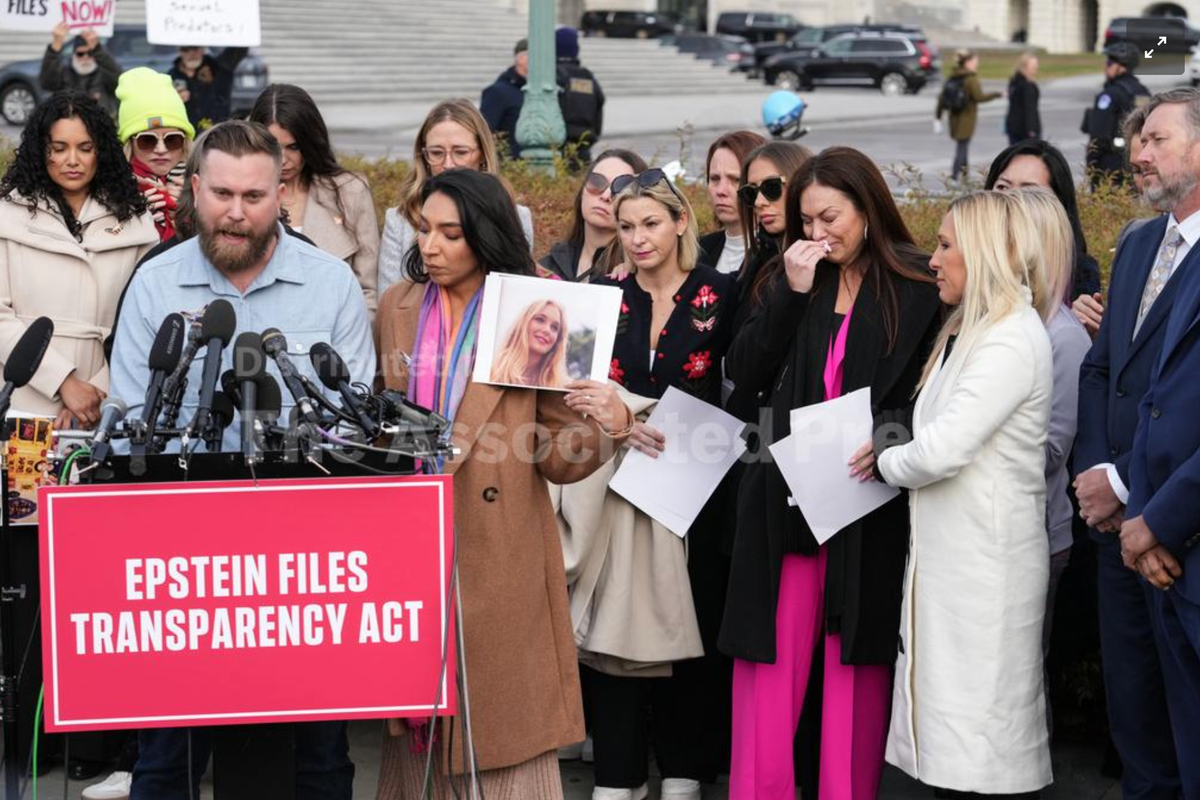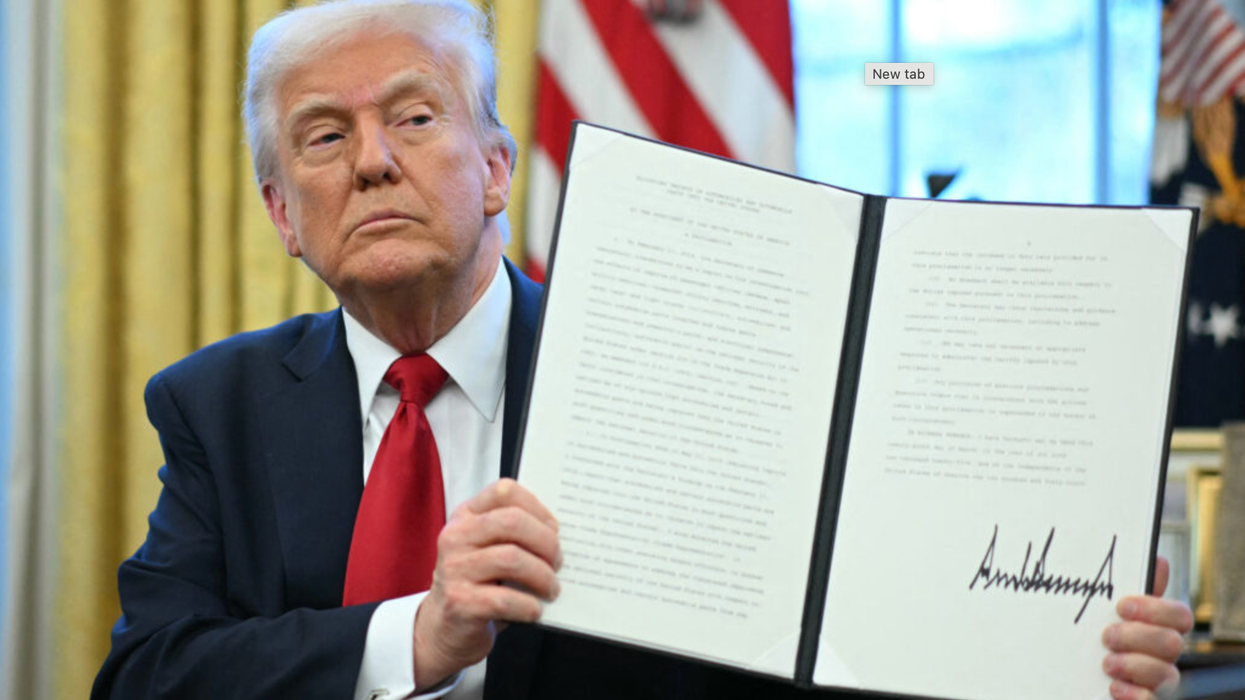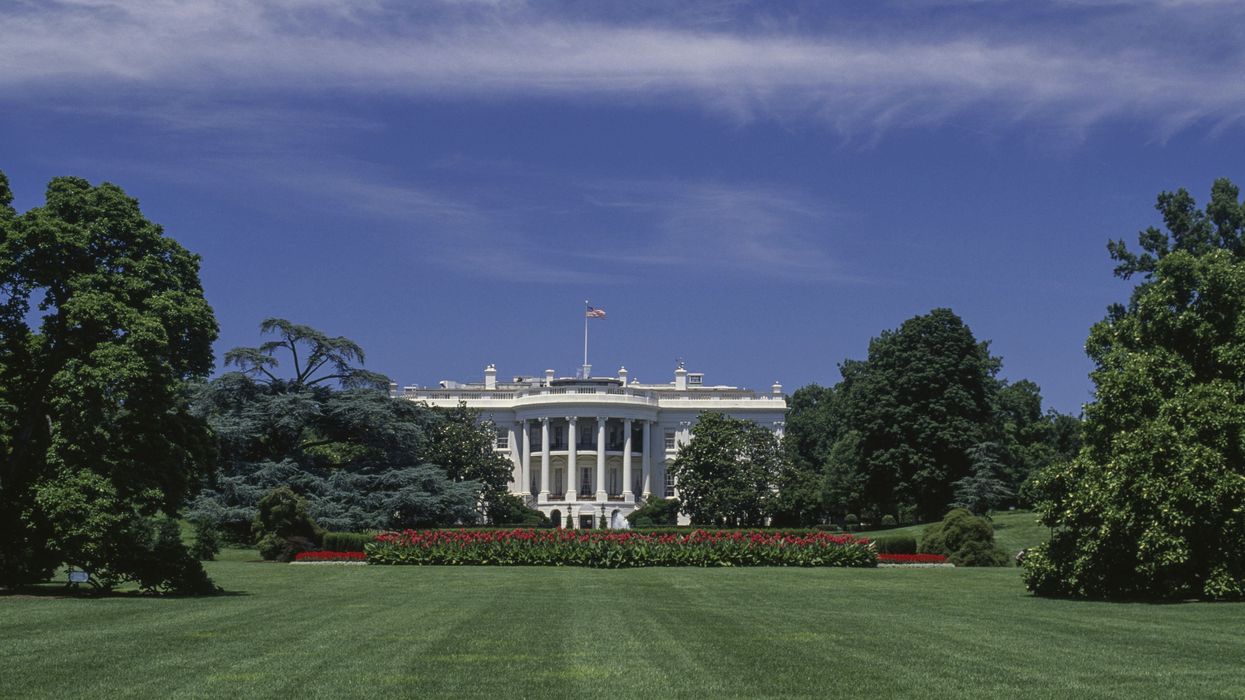Majority Leader Mitch McConnell is out today with a forceful denunciation of the sweeping "good government" legislation Democrats plan to push through the House this winter – a primer for the talking points his fellow Senate Republicans will also use to explain why they plan to bury the bill on their side of the Capitol.
"House Democrats won't come to the table and negotiate to reopen government, but they've been hard at work angling for more control over what you can say about them and how they get reelected," the Kentuckian wrote in an op-ed for Friday's Washington Post. "They're trying to clothe this power grab with cliches about 'restoring democracy' and doing it 'For the People,' but their proposal is simply a naked attempt to change the rules of American politics to benefit one party. It should be called the Democrat Politician Protection Act."
McConnell rose to his top leadership job a dozen years ago in part because of, not despite, his passionate campaign that had for years successfully derailed the last major overhaul of campaign finance law, in 2003. And his approach then remains instructive about his operating style now.
He's content to lead fights of resistance that seem to infuriate large segments of the electorate, but only so long as he's confident he's doing the bidding of a clear majority of his fellow GOP senators. If a critical mass of Republicans concludes the shifting politics of an issue requires a more accommodating approach, McConnell is almost always willing to direct the course correction toward compromise.
His emphatic resistance to the package being touted as a top priority of the new House majority, dubbed HR 1, is highly likely for reasons beyond his own well-known view -- that the First Amendment dictates a minimalist government role in regulating campaign behavior and the flow of political money. McConnell has almost certainly assessed that an overwhelming number of his 52 GOP colleagues oppose the bill as well.
The majority leader focused his critique on four areas.
The proposed new disclosure rules for donors and regulatory powers for the Federal Election Commission, he asserted, would amount to "giving Washington a clearer view of whom to intimidate and leaving citizens more vulnerable to public harassment over private views."
Creating federal subsidies for campaigns that raised money in small amounts, he said, means Americans would be compelled to watch "their tax dollars to be used to bankroll robocalls and attack ads, including for candidates they dislike."
Making Election Day a holiday for federal workers and creating incentives for them to help at the polls amounts to "extra taxpayer-funded vacation for bureaucrats to hover around while Americans cast their ballots."
And an array of provisions designed to create national standards for the conduct of elections, which remain largely regulated by the states, "seems tailor-made by Washington Democrats to help their D.C. attorneys descend on local communities, exploit confusion and try to swing elections."
Overcoming a McConnell filibuster of any legislation now requires 13 Republicans to break ranks and join a presumably unified Democratic bloc. Very few in the GOP have an obvious electoral reason to bolt, however. Cory Gardner of Colorado and Susan Collins of Maine are up for re-election next year in states Hillary Clinton carried, but incredibly they are the only two GOP senators currently representing states colored blue on the 2016 Electoral College map.



















